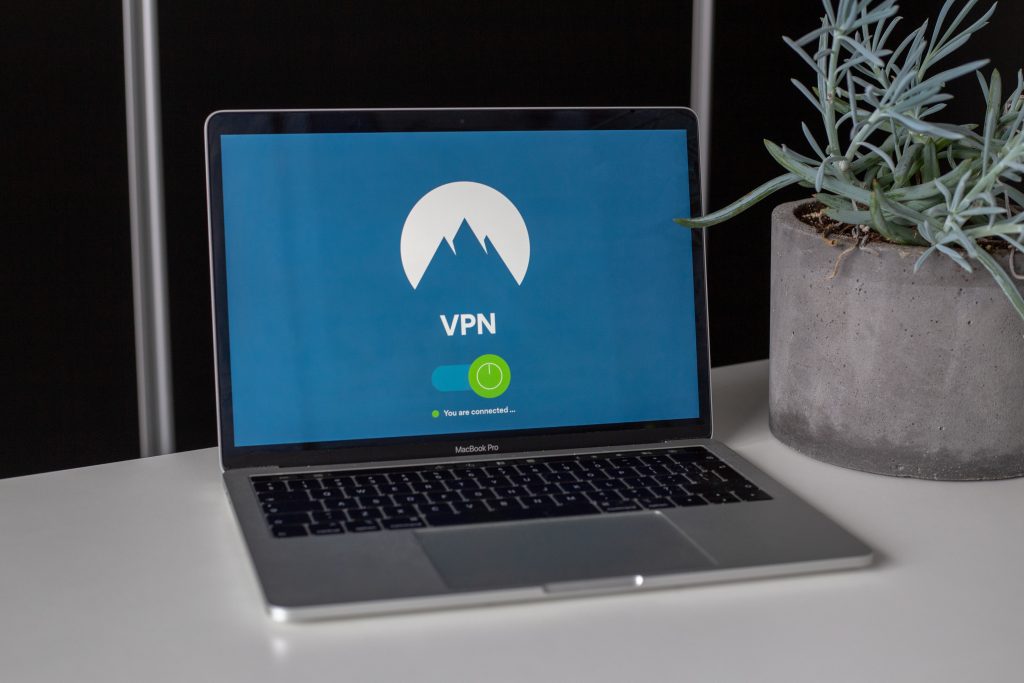Online media has been a significant part of your daily lifestyle. However, keep in mind that there are some risks to your privacy as you use online technology. That’s why you should know how to keep your privacy while online. Worry no more because the following are essential tips to maintain your online privacy.

Check your social privacy settings.
You may not know it, but some of your information can be available to anybody on your social media accounts. So, you should check your privacy settings. Then, decide about the details you want to share with your friends and the public. You can also choose to keep information to yourself only.
Keep your phone number and primary email address private.
As you share your phone number and email address to others, you may receive spam in your email inbox. You can also get robocalls on your mobile phones. Therefore, you should keep these details with you and trusted people. It is a good idea to use an additional email account and sim card for your online shopping and other online transactions.
Use secure passwords.
Another tip to enhance your online security is to use secure passwords. You can have a different password for each service. You may use long passwords with 12 characters or more.
Secure your computer and phone with passcodes or passwords.
You should protect the data on your phones and computers with passwords. You should have a unique password. You can also use biometric authentication for locking your computers, tablets, and phones.
Browse in private mode or incognito.
You may also browse in private mode or incognito if you don’t want your device to save your browsing history, cookies, or temporary internet files. You can use incognito mode in Chrome, private browsing in Firefox, and InPrivate Browsing in Internet Explorer. However, incognito mode is not entirely private since your ISP or Internet Service Provider can still view your browsing activity.
Use VPN.
You can use VPN or virtual private network to enhance your online anonymity and privacy. With VPN, you can mask your IP address allowing your browsing history untraceable. A VPN is a good choice since it can be hard for cybercriminals to access your personal details and online privacy.
Be careful with your clicks.
Some hackers use phishing attempts to compromise users’ online privacy. Scammers will trick you into providing your personal or financial details.
They may send you fake emails from credit card providers, banks, and other financial institutions. Never fall for these scams, and don’t click a phishing link.
Use reliable antivirus software.
Another effective way to keep your privacy online is to use a quality antivirus software. With it, you can avoid hackers from tracking your location and accessing your financial and personal data. It can also protect your device from spyware, malware, and other viruses.
Update your computer, apps, and phone.
If you get update notifications of a software on your devices, you should do it directly. Thus, updates come with security patches, so it can be difficult for hackers to access data on your computer or phone.
Conclusion
By applying these tips, you can enhance your online security. So, you can browse without worrying about your online protection.